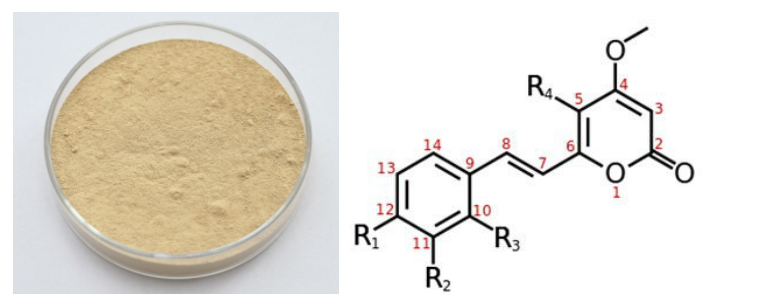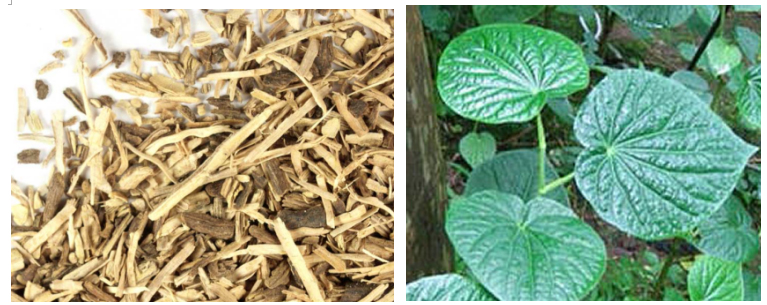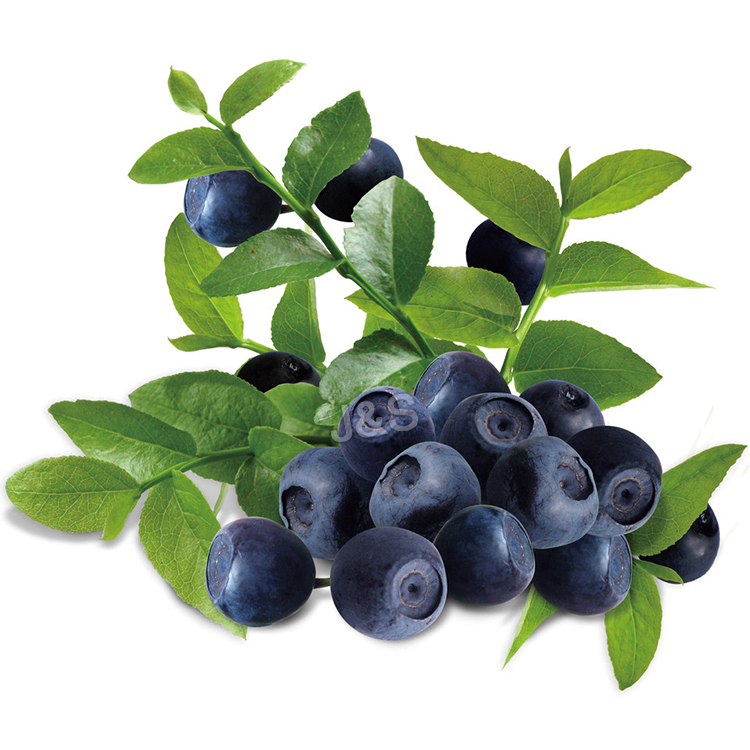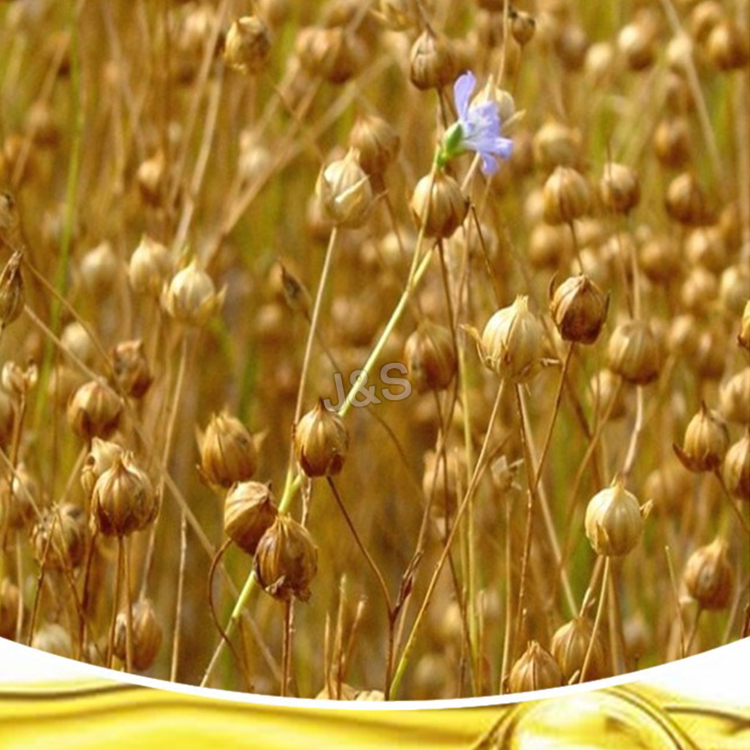Trending Products Kava Extract Wholesale to Vietnam
Trending Products Kava Extract Wholesale to Vietnam Detail:
[Latin Name] Piper methyicium L.
[Specification] Kavalactones ≥30.0%
[Appearance] Yellow powder
Plant Part Used: Root
[Particle size] 80Mesh
[Loss on drying] ≤5.0%
[Heavy Metal] ≤10PPM
[Storage] Store in cool & dry area, keep away from the direct light and heat.
[Shelf life] 24 Months
[Package] Packed in paper-drums and two plastic-bags inside.
[Net weight] 25kgs/drum
[What is Kava?]
Kava, also known as piper methysticum, kava kava, and ‘awa, is a small shrub native to the islands in the South Pacific. The root and stems are made into a non-alcoholic, psychoactive beverage that has been used socially and ceremonially for hundreds of years in Hawaii, Fiji, and Tonga.
Kava is traditionally prepared by placing ground root and stem into a porous sack, submerging in water, and squeezing the juice into a large, carved, wooden bowl. Coconut half-shell cups are dipped and filled — punch bowl style. After drinking a cup or two a feeling of heightened attention combined with relaxation begins to come on. Although it is soothing, it is unlike alcohol in that thoughts remain clear. The flavor is largely inoffensive, but some find that it takes getting used to; it really depends on your preference for earthy flavors.
[Kava is Safe to Use]
The safe and effective benefits of kava to relieve symptoms of anxiety were also supported in a meta-analysis, a systematic statistical review of seven human clinical trials published in 2000 in the Journal of Clinical Psychopharmacology, and again in a similar critical review in 2001. The reviews did not find significant adverse effects related to liver toxicity.
In conclusion, the liver is affected by many substances, including prescription and non- prescription drugs, as well as alcohol, which is a major cause of liver damage. We must be aware that herbs are potent medicines, to be treated with the appropriate respect regarding potential interactions and toxicity, including to the liver. On the other hand, Kava kava’s margin of safety far surpasses that of it’s pharmaceutical equivalent.
[Function]
Kava’s can help offset a number of problems, most notably stress, anxiety, and disrupted sleep patterns. However, kava’s anxiolytic (anti-panic or anti-anxiety agent) and calming properties can offset many other stress and anxiety related ailments.
1. Kava as a Therapy for Anxiety
2. Kava May Remedy Menopausal Mood Swings
3. Weight Loss
4. Combat Premature Aging
5. Quit Smoking Aid
6. Combat pain as an analgesic
7. Insomnia
8. Depression
Product detail pictures:

Related Product Guide:
With advanced technologies and facilities, strict high-quality handle, reasonable rate, superior services and close co-operation with prospects, we are devoted to furnishing the best price for our customers for Trending Products Kava Extract Wholesale to Vietnam , The product will supply to all over the world, such as: New Zealand, Madras, Jordan, Good quality and reasonable price have brought us stable customers and high reputation. Providing 'Quality Products, Excellent Service, Competitive Prices and Prompt Delivery', we are now looking forward to even greater cooperation with overseas customers based on mutual benefits. We will work whole-heartedly to improve our products and services. We also promise to work jointly with business partners to elevate our cooperation to a higher level and share success together. Warmly welcome you to visit our factory sincerely.
Twitter @juangangel
Apitherapy is the medical use of honey bee products. This can include the use of honey, pollen, bee bread, propolis, royal jelly and bee venom.
Most claims of apitherapy have not been proved to the scientific standards of evidence-based medicine and are anecdotal in nature. A wide variety of conditions and diseases have been suggested by believers in the therapy as candidates for it, the most well-known being bee venom therapy for autoimmune diseases and multiple sclerosis.
The exact origins of apitherapy are difficult to pinpoint and can be traced back, in a general sense, to ancient Egypt, Greece, and China. Use of honey and other bee products can be traced back thousands of years and healing properties are included in many religious texts including the Veda, Bible, and Quran. These are mostly attributed to nutritional benefits of consumption of bee-products and not use of bee venom.
The more modern study of apitherapy, specifically bee venom, was initiated through the efforts of Austrian physician Phillip Terc in his published results “Report about a Peculiar Connection Between the Bee stings and Rheumatism” in 1888. More recent popularity can be drawn to Charles Mraz (1905–1999) a beekeeper from Vermont, United States over the past 60 years
Apitoxin, or honey bee venom, is a bitter colourless liquid; its active portion a mixture of proteins, which causes local inflammation and acts as an anticoagulant. A honeybee can inject 0.1 mg of venom via its stinger. It may have similarities to sea nettle toxin.
The main component is melittin amounting to 52% of venom peptides.
Apamin increases cortisol production in the adrenal gland. Apamin is a mild neurotoxin.
Adolapin,[3] contributing 2–5% of the peptides, acts as an anti-inflammatory and analgesic because it blocks cyclooxygenase.
Phospholipase A2 amounts to 10–12% of peptides and it is the most destructive component of apitoxin. It is an enzyme which degrades the phospholipids which cellular membranes are made of. It also causes decreased blood pressure and inhibits blood coagulation. Phospholipase A2 activates arachidonic acid which is metabolized in the cyclooxygenase-cycle to form prostaglandins. Prostaglandins regulate the body’s inflammatory response.
Hyaluronidase contributing 1–3% of peptides dilates the capillaries causing the spread of inflammation.
Histamine contributing 0.5–2% and is involved in the allergic response.
Dopamine and noradrenaline which contribute 1–2% increase pulse rate.
Protease-inhibitors contribute 2% and act as anti-inflammatory agents and stop bleeding.
Tertiapin.
More info at https://en.wikipedia.org/wiki/Apitoxin
Juan Gonzalo Angel
www.tvagro.tv
▶Korean – https://bioprotec.co.kr/ ▶English – https://bioprotec.koreasme.com/ ▶Arabic – https://bioprotec.koreasme.com/arab/
Propolis Natural Soap, Dent Queen(propolis toothpaste), Propolis Queen(anti-bacterial &cancer-suppression), Propolis Spray(nasal diseases), Poli Queen(powder and liquid) for livestock.
Tel: +82 62 974 2875
Fax: +82 62 974 2877
yong4535@hanmail.net
The supplier abide the theory of "quality the basic, trust the first and management the advanced" so that they can ensure a reliable product quality and stable customers.







